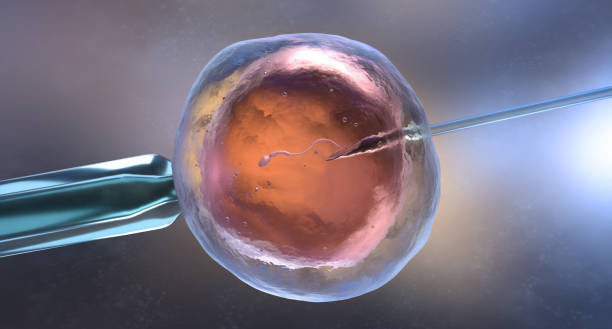
If you’re considering undergoing an IVF fertility treatment, you may be wondering what exactly it is and how it works. It is a procedure that involves the transfer of embryos to the uterus, and it is often done in conjunction with other treatment options. This is a relatively new method of conceiving a child, and it has its own risks. You might want to consult with a doctor before deciding on an IVF clinic.
During an IVF procedure, a woman’s ovaries are stimulated using synthetic hormones. These hormones help the ovaries to produce multiple eggs, which are then fertilized with sperm. The process is similar to a pap smear, and it can take several days.
An ultrasound can be used to detect the presence of follicles, which are small growths in the ovaries. The ultrasound is also used to guide the needles that are inserted into the ovaries. Once the doctor has the follicles identified, he can then begin to inject them with hormones that will make them mature.
In addition to the medications that are prescribed, the doctor will provide regular blood tests and ultrasounds to monitor the progress of the IVF cycle. This process helps the doctor determine if the cycle is proceeding as intended, and can help identify any complications that might arise. For instance, the use of fertility drugs to stimulate ovaries can lead to an ovarian hyperstimulation syndrome, a condition that can cause swollen ovaries and other symptoms.
Depending on your age and the reason for your infertility, the success rate of your IVF treatment can vary. For example, women who are younger are generally more likely to conceive. However, older women tend to have less successful IVF cycles. Moreover, infertility is a leading risk factor for birth defects, and older women are more susceptible to ectopic pregnancies, where the fertilized egg implants outside of the uterus.
Another factor that can affect the success of an IVF fertility treatment is the number of eggs the couple is trying to conceive with. Some doctors recommend transferring up to three embryos at a time. Others, however, recommend freezing any surplus embryos for future use. This will reduce the cost of future IVF cycles.
Before starting an IVF fertility treatment, the couple should agree on the number of embryos to be transferred. Having more than two fetuses can increase the health risks and likelihood of premature delivery. Also, there is a higher risk for low birth weight. Having frozen embryos makes future IVF cycles less costly and invasive.
Having an IVF fertility treatment can be physically and emotionally draining. Your body will undergo numerous blood tests, and you may be woken up at night to undergo an anesthesia procedure. After the procedure, you may experience cramping, which will typically dissipate within a few hours.
If you’re interested in finding an IVF clinic, you can consult to Dr. Hugo Fernandes. He can inform you about several factors that can influence the success of an IVF fertility treatment, including the type of uterus you have, the quality of the uterine lining, and the number of eggs you have.